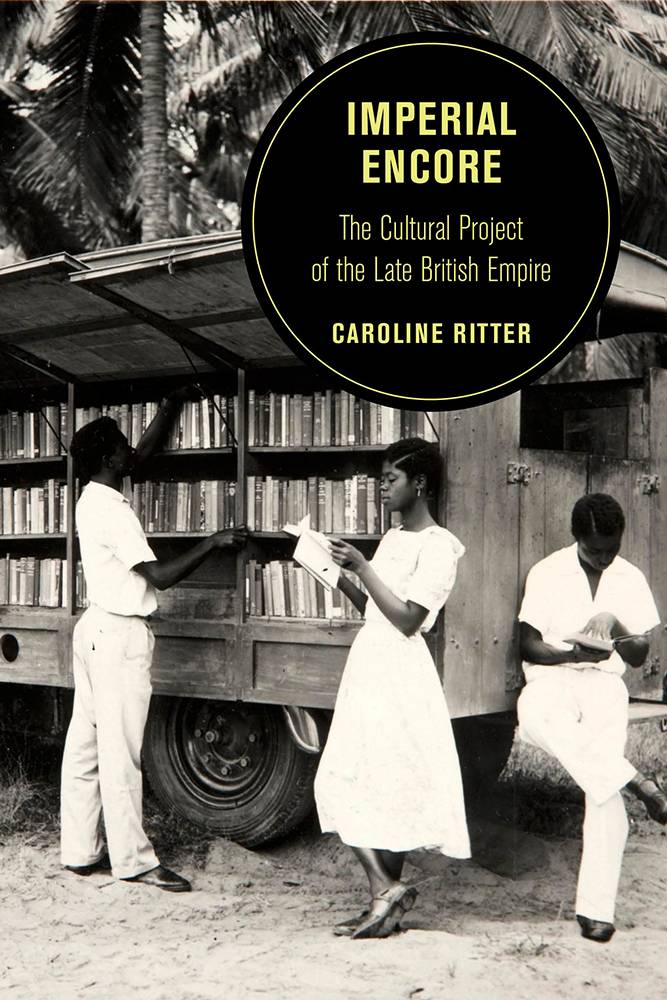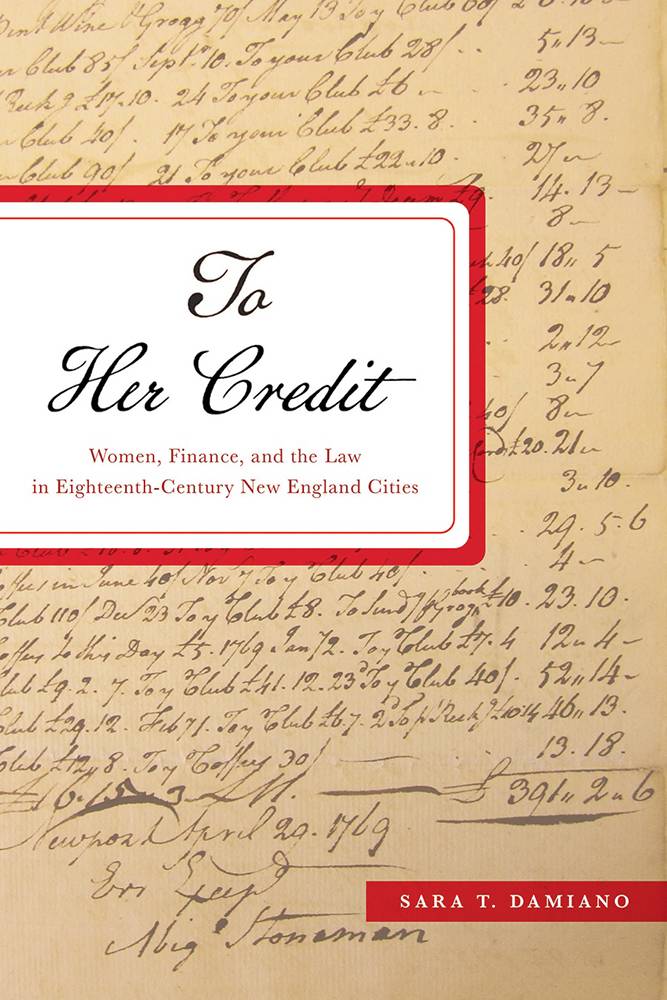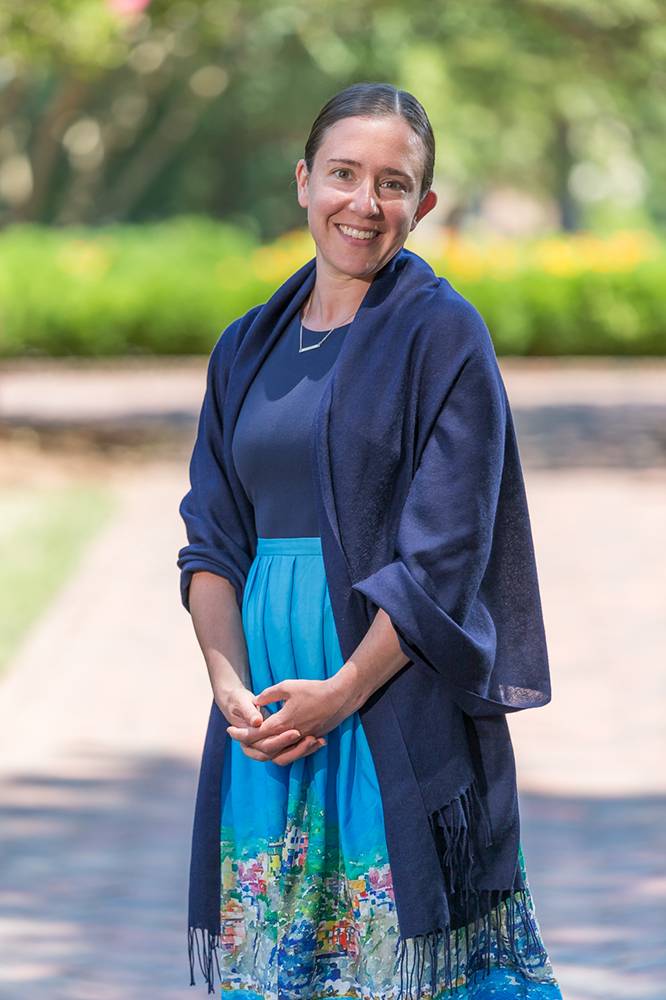New Books Conversation Series
This three-part series featured Texas State History Department faculty discussing their recently-published books, each in conversation with a scholar from their field.
-
Schedule of Events
-
Thursday, April 8, 4-5:30 pm CDT | Sarah R. Coleman | The Walls Within: The Politics of Immigration in Modern America
 About the Book: The 1965 Hart-Celler Act transformed the American immigration system by abolishing national quotas in favor of a seemingly egalitarian approach. But subsequent demographic shifts resulted in a backlash over the social contract and the rights of citizens versus noncitizens. In The Walls Within (Princeton University Press, 2021), Sarah Coleman explores those political clashes, focusing not on attempts to stop immigration at the border, but on efforts to limit immigrants’ rights within the United States through domestic policy. Drawing on new materials from the Carter, Reagan, and Clinton administrations, and immigration and civil rights organizations, Coleman exposes how the politics of immigration control has undermined the idea of citizenship for all.
About the Book: The 1965 Hart-Celler Act transformed the American immigration system by abolishing national quotas in favor of a seemingly egalitarian approach. But subsequent demographic shifts resulted in a backlash over the social contract and the rights of citizens versus noncitizens. In The Walls Within (Princeton University Press, 2021), Sarah Coleman explores those political clashes, focusing not on attempts to stop immigration at the border, but on efforts to limit immigrants’ rights within the United States through domestic policy. Drawing on new materials from the Carter, Reagan, and Clinton administrations, and immigration and civil rights organizations, Coleman exposes how the politics of immigration control has undermined the idea of citizenship for all. About the Author: Sarah R. Coleman is Assistant Professor of History at Texas State University. She is a historian of 20th century America. Her research is focused on immigration, race and rights in the United States.
About the Author: Sarah R. Coleman is Assistant Professor of History at Texas State University. She is a historian of 20th century America. Her research is focused on immigration, race and rights in the United States.About the Discussant: Carl Bon Tempo is Associate Professor of History at SUNY Albany. A historian of 20th-century United States political and public policy history, he is the author of Americans at the Gate: The United States and Refugees during the Cold War.
-
Thursday, April 15, 4-5:30 pm CDT | Caroline Ritter | Imperial Encore: The Cultural Project of the Late British Empire
 About the Book: In the 1930s, British colonial officials introduced drama performances, broadcasting services, and publication bureaus into Africa under the rubric of colonial development. This project proved remarkably resilient: well after the end of Britain’s imperial rule, many of its cultural institutions remained in place. Imperial Encore (University of California Press, 2021) traces British drama, broadcasting, and publishing in Africa between the 1930s and the 1980s—the half century spanning the end of British colonial rule and the outset of African national rule. Caroline Ritter shows how three major cultural institutions—the British Council, the BBC, and Oxford University Press—integrated their work with British imperial aims, and continued this project well after the end of formal British rule. Tracing these institutions and the media they produced through the tumultuous period of decolonization and its aftermath, Ritter offers the first account of the global footprint of British cultural imperialism.
About the Book: In the 1930s, British colonial officials introduced drama performances, broadcasting services, and publication bureaus into Africa under the rubric of colonial development. This project proved remarkably resilient: well after the end of Britain’s imperial rule, many of its cultural institutions remained in place. Imperial Encore (University of California Press, 2021) traces British drama, broadcasting, and publishing in Africa between the 1930s and the 1980s—the half century spanning the end of British colonial rule and the outset of African national rule. Caroline Ritter shows how three major cultural institutions—the British Council, the BBC, and Oxford University Press—integrated their work with British imperial aims, and continued this project well after the end of formal British rule. Tracing these institutions and the media they produced through the tumultuous period of decolonization and its aftermath, Ritter offers the first account of the global footprint of British cultural imperialism.
 About the Author: Caroline Ritter is Assistant Professor of History at Texas State University. She is a historian of Modern Imperial Britain, with particular interests in decolonization, development, and media in Africa.
About the Author: Caroline Ritter is Assistant Professor of History at Texas State University. She is a historian of Modern Imperial Britain, with particular interests in decolonization, development, and media in Africa. -
Thursday, April 22, 4-5:30 pm CDT | Sara T. Damiano | To Her Credit: Women, Finance and the Law in Eighteenth-Century New England Cities
 About the Book: In colonial Boston and Newport, personal credit relationships were a cornerstone of economic networks. As the pace of market exchange quickened, debt litigation became ever more central to enforcing financial obligations. At the same time, seafaring and military service drew men away from home, some never to return. These transitions forced New Englanders to evaluate a pressing question: Who would establish and manage consequential financial relationships?
About the Book: In colonial Boston and Newport, personal credit relationships were a cornerstone of economic networks. As the pace of market exchange quickened, debt litigation became ever more central to enforcing financial obligations. At the same time, seafaring and military service drew men away from home, some never to return. These transitions forced New Englanders to evaluate a pressing question: Who would establish and manage consequential financial relationships?In To Her Credit (Johns Hopkins University Press, 2021), Sara T. Damiano uncovers free women's centrality to the interrelated worlds of eighteenth-century finance and law. Focusing on everyday life in Boston, Massachusetts, and Newport, Rhode Island—two of the busiest port cities of this period—Damiano argues that colonial women's skilled labor actively facilitated the growth of Atlantic ports and their legal systems. Mining vast troves of court records, Damiano reveals that married and unmarried women of all social classes forged new paths through the complexities of credit and debt, stabilizing credit networks amid demographic and economic turmoil.
 About the Author: Sara T. Damiano is Assistant Professor of History at Texas State University. She is a historian of women and gender in early North America, with interests in economic history and legal history.
About the Author: Sara T. Damiano is Assistant Professor of History at Texas State University. She is a historian of women and gender in early North America, with interests in economic history and legal history.About the Discussant: Ellen Hartigan-O’Connor is Associate Professor of History and Associate Dean for Graduate Studies at University of California, Davis. She is the author of The Ties that Buy: Women and Commerce in Revolutionary America and co-editor of The Oxford Handbook of American Women's and Gender History.
-
